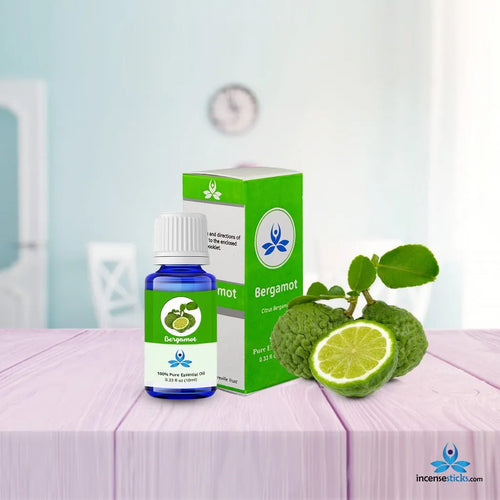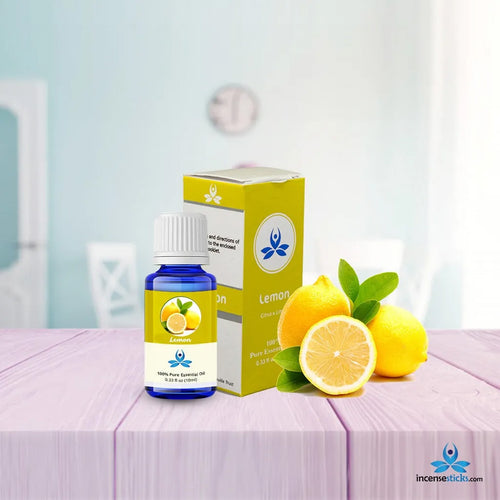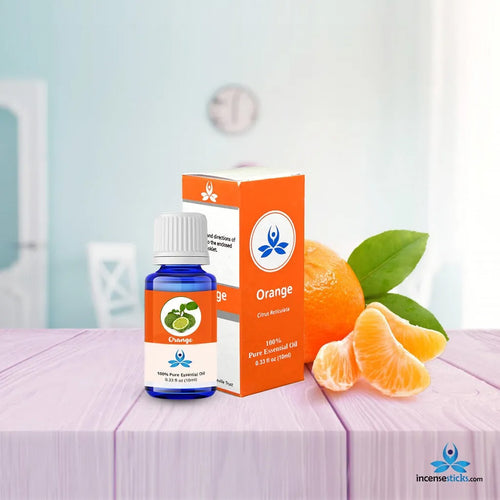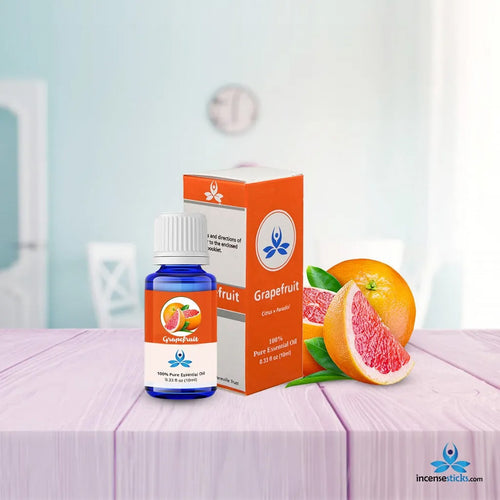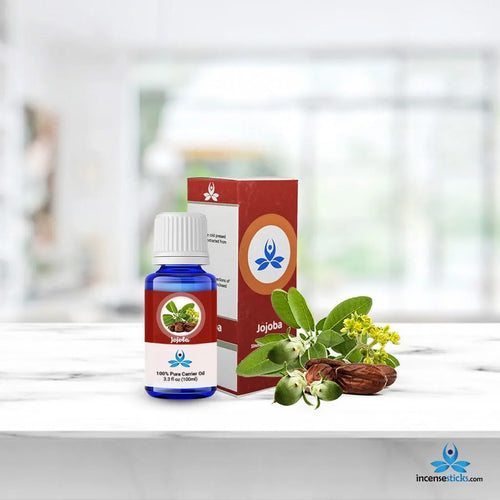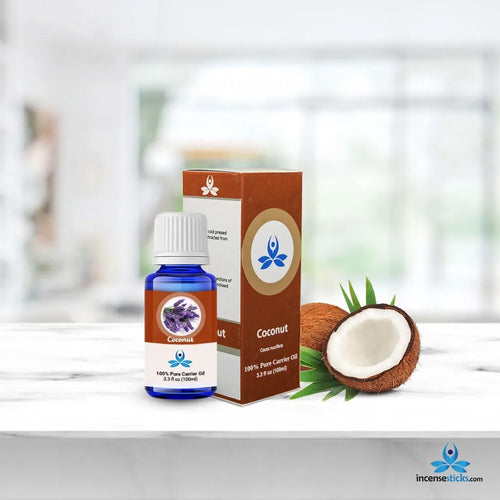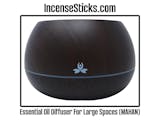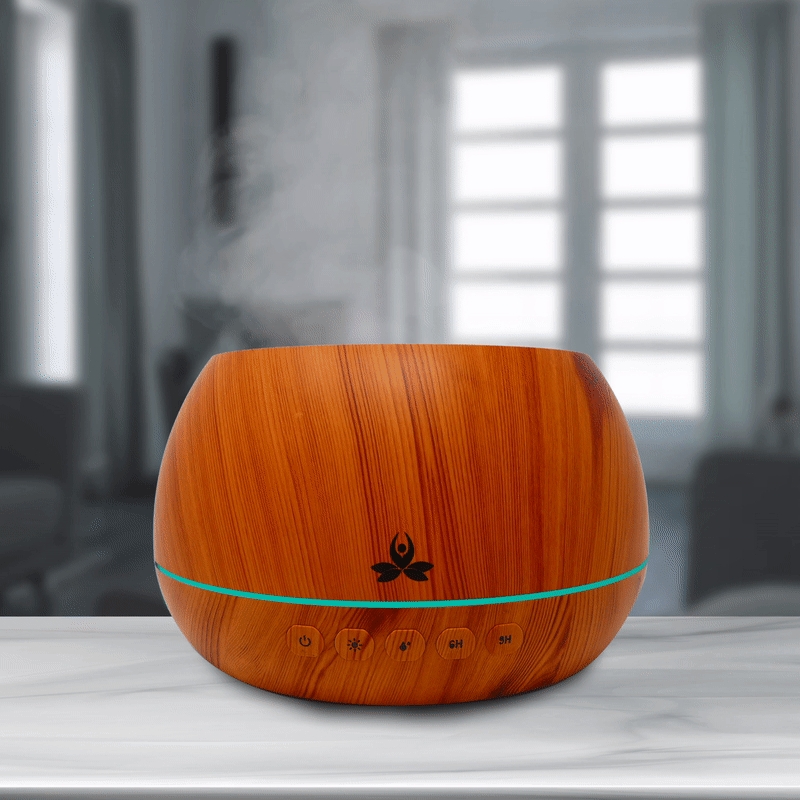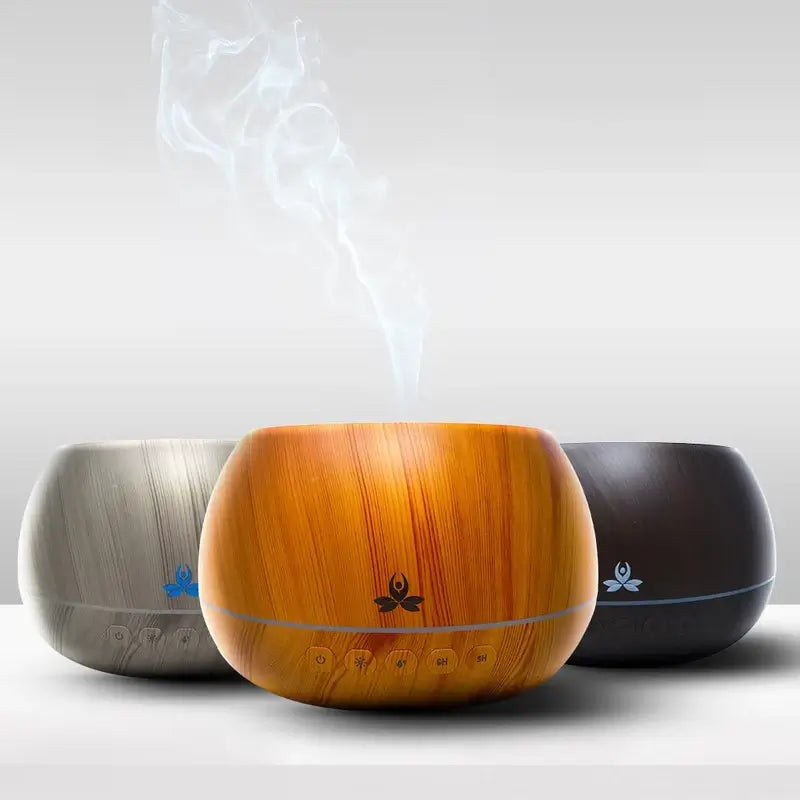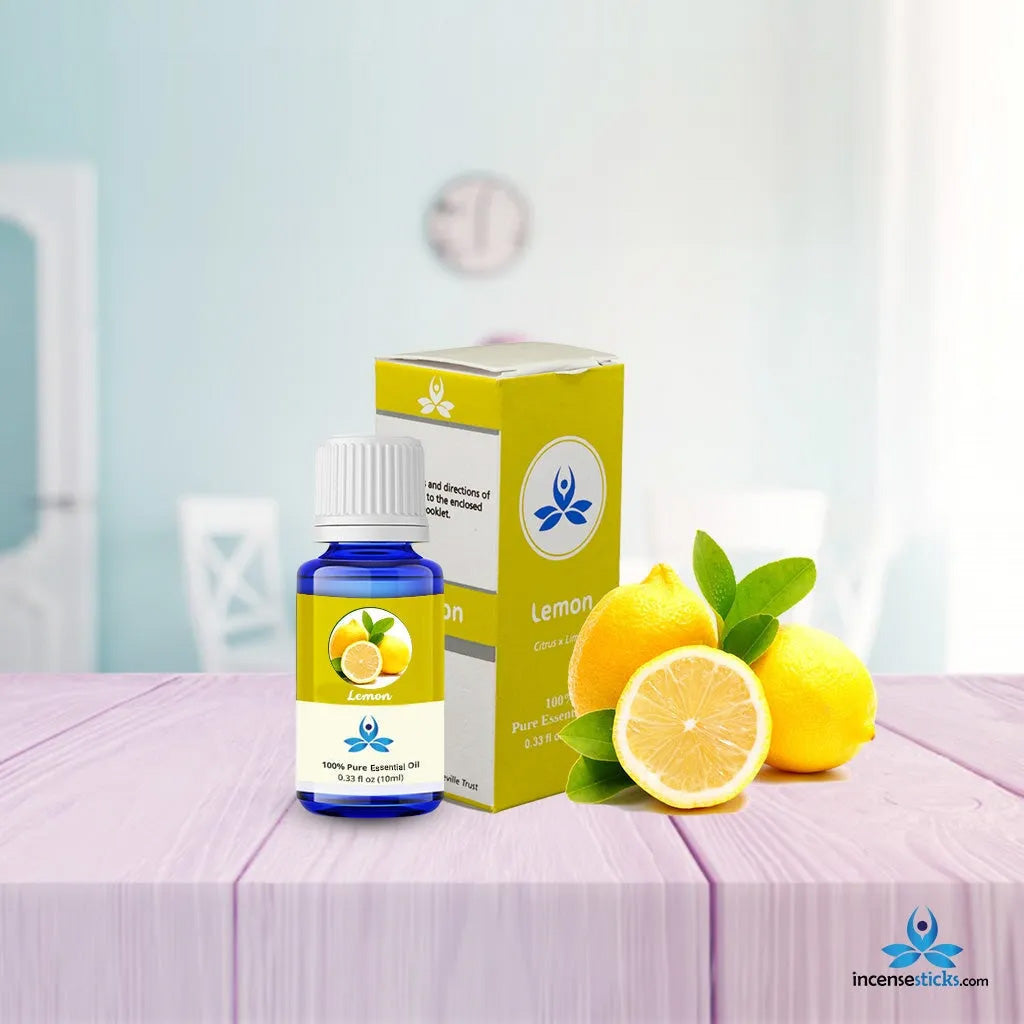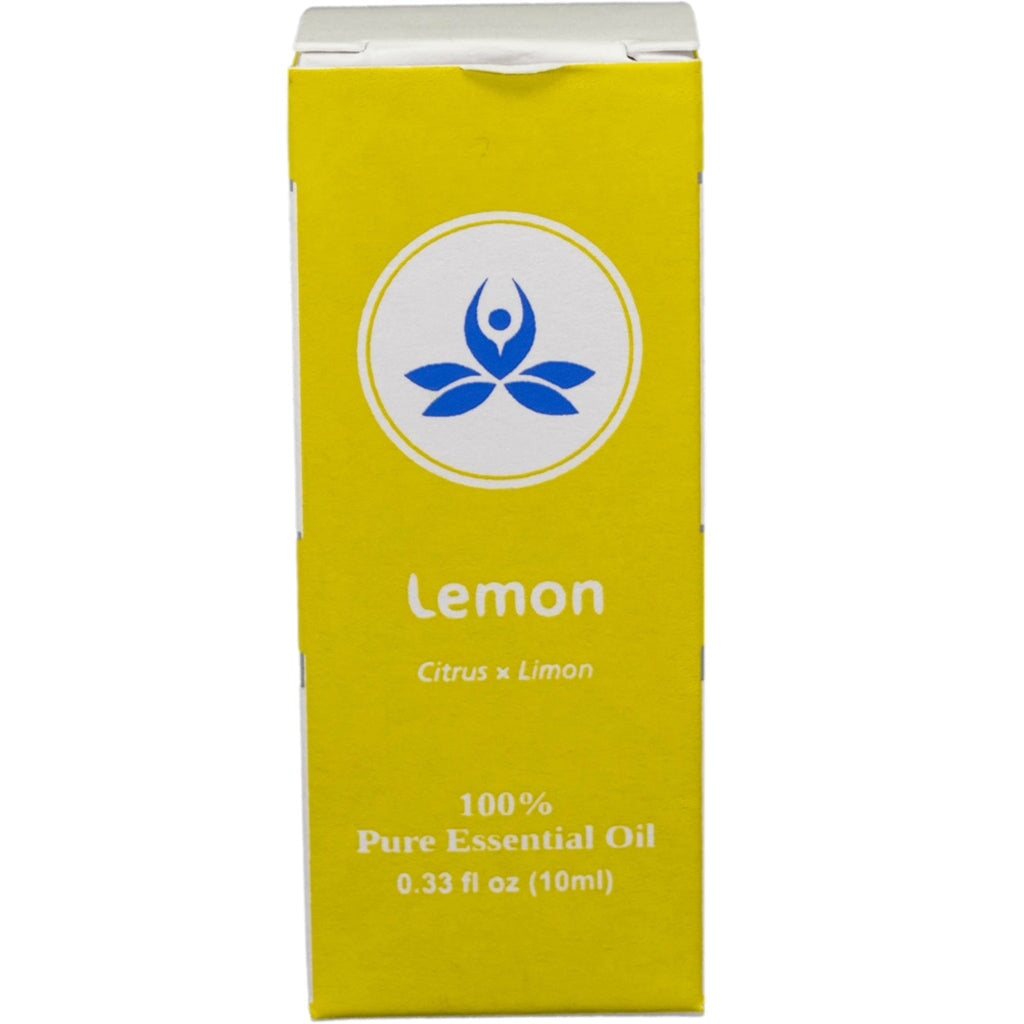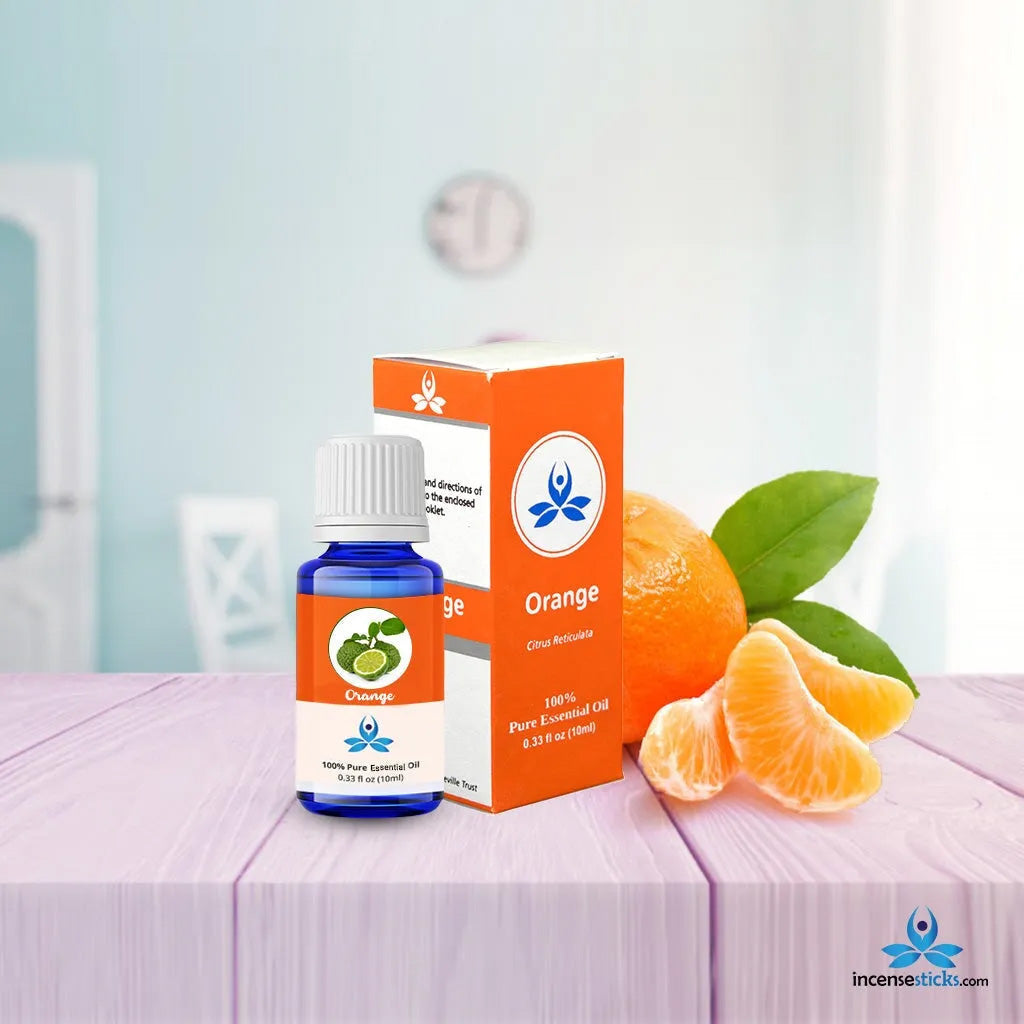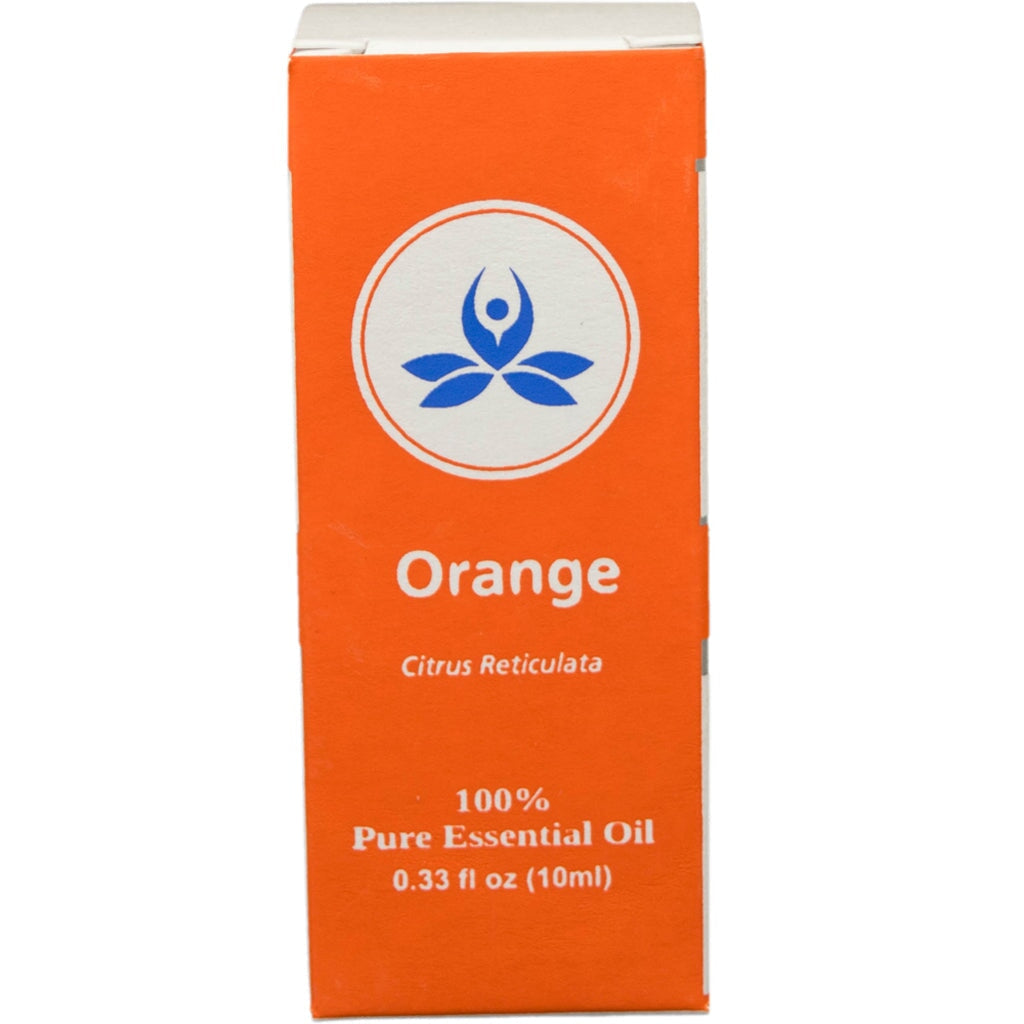Guide to Lemongrass Essential Oil
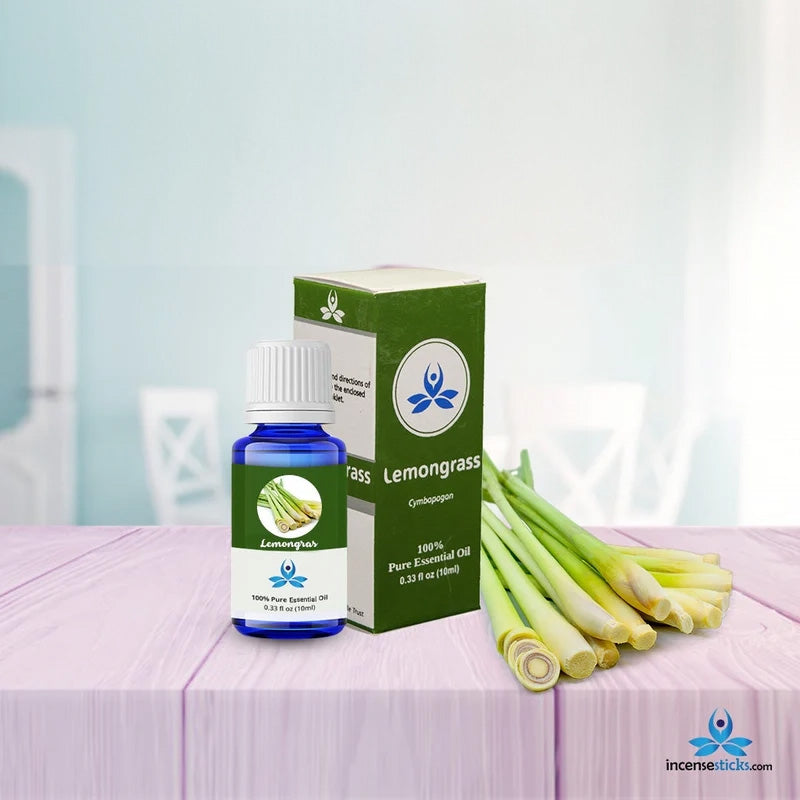
Lemongrass Essential Oil
Sale price$5.99
View Product

Lemongrass is native to tropical countries and is also called “fever grass” for its ability to reduce fever. Lemongrass essential oil is the most popular essential oil because of its various health and therapeutic benefits.
Scientific Name/Botanical name: Cymbopogon citratus
Oil Origin: Grass
Consistency: Thin
Extraction: Steam distilled
Aroma: Fresh and lemony. Slightly herbaceous
Odor strength: Strong
Benefits

Muscle Pain Relief
Its analgesic properties help alleviate muscle soreness, cramps, and tension.

Digestive Support
It aids in reducing indigestion and other gastrointestinal disorders.

Revitalizing Effect
Its invigorating properties help revitalize the body and mind, alleviating Physical and Mental Exhaustion.

Acne Treatment
Its astringent and anti-inflammatory properties help soothe inflammation, reduce excess oil production, and tighten pores, contributing to clearer and healthier-looking skin.

Natural Insect Repellent
Its strong citrusy scent deters mosquitoes, flies, and other pesky insects.
Ways to use
Insect Repellent
Promotes feelings of calm and relaxation

Step 1:
Make a blend of 10 drops of lemongrass essential oil with a few drops of Citronella, Eucalyptus, Tea Tree and Peppermint oil.

Step 2:
Dilute this blend in coconut oil (one tablespoon of carrier oil for every 4 - 5 drops of essential oil)

Step 3:
Use it on skin as a mosquito or bug repellent.
Aromatherapy
Lemon grass aroma acts as a stress reliever

Step 1:
Add 2-3 drops of the oil in a ceramic diffuser filled with water.

Step 2:
Light a tea light candle

Step 3:
Place it in the lower compartment of the diffuser

Step 4:
Relax as the aroma fills the room
Topical application

Step 1:
Mix few drops of lemongrass essential oil with a suitable carrier oil.( 4 -5 drops of essential oil for every tablespoon of carrier oil)

Step 2:
Massage on stomach for relief from abdominal pain.
Recommended Essential Oil Blend:
Recommended Carrier oils:
Safety
- Avoid contact with eyes, nose, and sensitive areas.
- Never apply essential oils to the skin or scalp directly. It is highly recommended to dilute the oil using a carrier oil to avoid skin irritation.
- Never intake essential oils orally.
- Do a patch test before topical use to make sure there are no allergic reactions to any essential oil.
- If you are pregnant, nursing or taking medication; consult a physician before use.
- Keep away from pets and children


